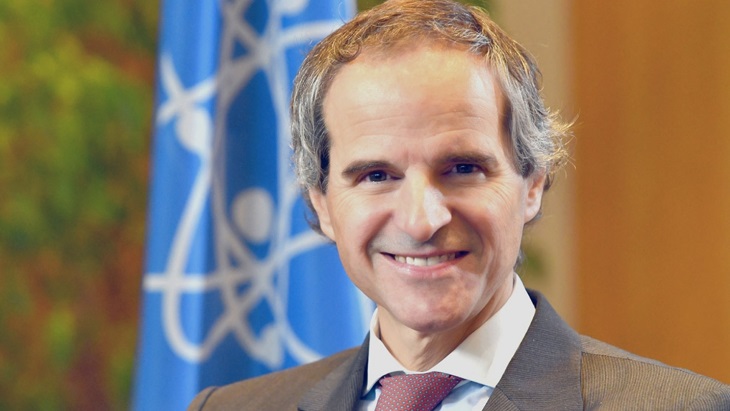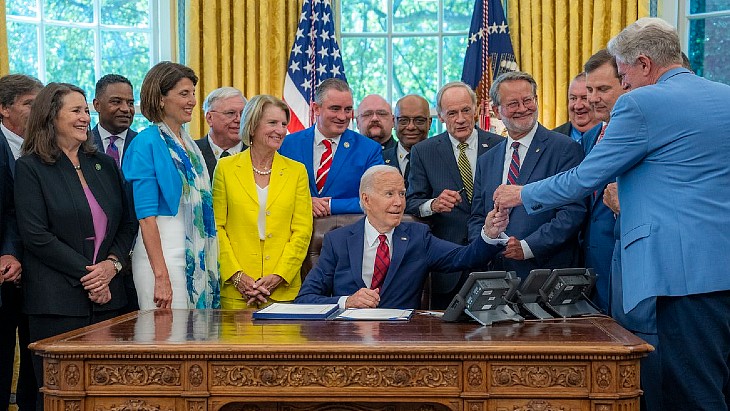Grossi aims to strengthen non-proliferation regime

It is the latest initiative by Grossi to support the full implementation of a long-standing annual resolution adopted by IAEA Member States on strengthening IAEA safeguard activities carried out to verify that nuclear material is not used for weapons purposes.
In May 1997, the IAEA Board of Governors approved the Additional Protocol to plug gaps in the international safeguards system set up to ensure exclusively peaceful uses of the atom consistent with the 1970 Treaty on the Non-Proliferation of Nuclear Weapons (NPT).
The Additional Protocol is a legal instrument granting the IAEA complementary inspection authority to that provided in underlying safeguards agreements, enhancing its ability to verify that the nuclear material and activities countries declare to the agency are both correct and complete. A main aim is to enable the IAEA to provide assurance about the absence of undeclared material and activities, as well as the non-diversion of declared nuclear material.
A hundred and thirty eight countries have since implemented the Additional Protocol in addition to their safeguards agreements with the IAEA, providing the agency with enhanced inspection rights and broader access to information related to their nuclear programmes. However, more than 40 countries which agreed when they signed up to the NPT never to pursue nuclear weapons have yet to add an Additional Protocol to their CSA and grant the IAEA the broader verification powers it needs to confirm they are living up to their international commitments.
Grossi has now written to governments expressing his hope that they will soon conclude and bring into force an Additional Protocol (AP), noting that the General Conference - the annual gathering of the IAEA's 173 Member States - encourages all concerned countries to do so as soon as possible.
"APs strengthen the effectiveness and improve the efficiency of IAEA safeguards," he wrote. They also "significantly increase the IAEA's ability to verify that there are no undeclared nuclear material or activities in a State with a comprehensive safeguards agreement in force. Without an AP in force, the IAEA is not able to draw the conclusion that all nuclear material remains in peaceful activities in a State."
After taking office in December 2019, Grossi has taken several steps aimed at strengthening the international non-proliferation regime. First, he sent official letters to 31 countries to replace the so-called Small Quantities Protocol to their CSAs with a revised version providing for stricter verification measures or to rescind it altogether. Eight countries informed him that they have so far done one or the other after receiving the letter.
Grossi has also sent letters to nine States Parties to the NPT that have yet to conclude and bring into force a CSA with the IAEA - something this treaty obliges them to do. Two countries have since brought into force such agreements.










_88592.jpg)

